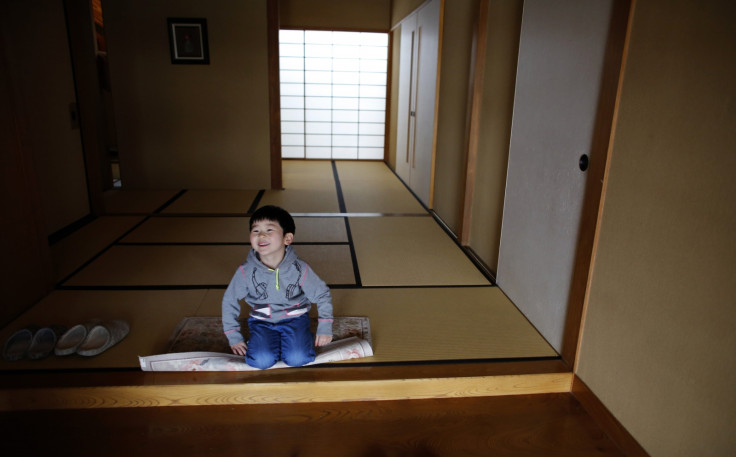Climate Change Skews Sex Ratio by Affecting Male Foetuses More, Says Study

A new study from Japan suggests that male foetuses may be particularly vulnerable to climate change, especially the extreme variations in temperature.
After looking at monthly temperature data gathered from 1968 to 2012 and comparing it with foetal deaths and infants born during the period, the team found a correlation which suggests male foetuses are most affected.
While not ruling out other factors like toxins and pollution, lead author Dr Misao Fukuda of M&K Health Institute in Ako believes the results indicate that extreme temperatures could be the prime reason.
Male embryos have been shown earlier to be negatively affected by stress factors such as earthquakes or toxic agents, writes LiveScience.
The researchers looked at two recent extreme weather events in Japan — a very hot summer in
2010 and a very cold winter in 2011.
During both periods there was an increase in the number of foetal deaths and a subsequent decrease nine months later in the ratio of male to female babies born.
The study is published in the journal Fertility and Sterility.
Earlier studies done in Finland and New Zealand have shown a decline during a cold period and an increase in the ratio during a warm period.
Fukuda, however, pointed out that the temperature extremes in Japan are far more severe.
© Copyright IBTimes 2025. All rights reserved.





















